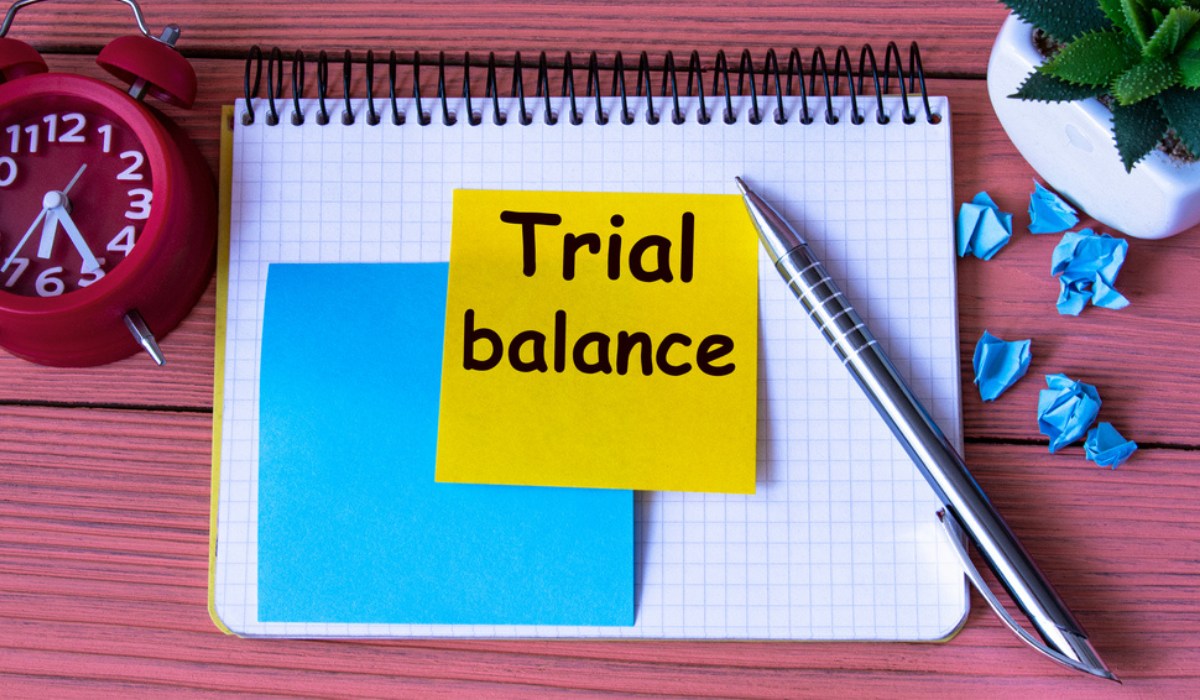

User Intent
Understanding the importance of preparing a trial balance is crucial for businesses, accountants, and finance professionals. This article provides a step-by-step breakdown of why preparing a trial balance is necessary, how it is applied, its benefits and limitations, and a comparative analysis. Readers will gain clear insights into this essential accounting process.
Introduction
In the world of accounting, accuracy is paramount. Businesses rely on financial records to make informed decisions, and one essential tool for ensuring accuracy is the trial balance. But why is it necessary to prepare a trial balance? How does it benefit organizations? And are there any limitations? This article explores these questions in detail, providing a comprehensive guide to the trial balance and its significance.
Definition of a Trial Balance
A trial balance is a summary of all ledger accounts’ debit and credit balances at a specific time. It serves as a checkpoint to verify that total debits match total credits, ensuring there are no mathematical errors in the bookkeeping system.
A trial balance consists of three main columns:
- Account Name – The ledger account name.
- Debit Balance – The total amount in debit.
- Credit Balance – The total amount in credit.
Application of a Trial Balance
A trial balance is used in multiple accounting and financial processes, including:
- Detecting Errors – It helps identify discrepancies in ledger postings.
- Financial Statement Preparation – The trial balance serves as the foundation for creating the balance sheet and income statement.
- Audit and Compliance – External auditors use the trial balance to check financial accuracy and compliance with regulations.
- Budgeting and Forecasting – Businesses analyze trial balance data to forecast financial trends and set budgets.
- Internal Control – It acts as a control mechanism to prevent fraud and misstatements.
Benefits of Preparing a Trial Balance
A well-prepared trial balance offers numerous advantages, such as:
- Error Detection and Correction – It highlights mistakes like incorrect postings, miscalculations, and omitted transactions.
- Financial Accuracy – Ensures that financial records remain accurate and reliable.
- Simplified Financial Reporting – Acts as a preliminary step before preparing major financial statements.
- Time-Saving – Reduces the time spent on finding errors during the financial statement preparation.
- Regulatory Compliance – Helps businesses meet legal and regulatory financial reporting standards.
- Transparency and Accountability – Provides stakeholders with confidence in financial data.
Limitations of a Trial Balance
While a trial balance is a valuable tool, it has certain limitations, including:
- Cannot Detect All Errors – It does not identify errors of omission, principle, or compensating errors.
- Does Not Reflect True Financial Health – A trial balance only confirms that debits equal credits, not whether transactions are correctly classified.
- Fraud Prevention is Limited – It does not prevent intentional fraud or manipulation.
- Relies on Accurate Ledger Entries – If errors exist in individual ledger entries, they will persist in the trial balance.
- No Guarantee of Fair Valuation – It does not account for depreciation, market value adjustments, or other financial considerations.
Comparative Table: Trial Balance Benefits vs. Limitations
| Aspect | Benefits | Limitations |
|---|---|---|
| Error Detection | Identifies numerical mistakes | Cannot catch all types of errors |
| Accuracy | Ensures bookkeeping accuracy | Does not guarantee true financial health |
| Financial Reporting | Simplifies financial statement preparation | Limited in fraud detection |
| Compliance | Helps meet legal and tax requirements | Relies on accurate bookkeeping |
| Time Efficiency | Saves time in financial analysis | Does not reflect market value changes |
Conclusion
Preparing a trial balance is an essential step in maintaining accurate financial records. It acts as a checkpoint to ensure that debits and credits match, simplifying financial statement preparation and regulatory compliance. However, it has its limitations, as it does not detect all errors or prevent fraud. Despite these challenges, the trial balance remains a crucial tool for businesses to maintain financial accuracy and accountability.
FAQs
- Why is a trial balance necessary?
A trial balance ensures that the total debits match total credits, helping detect mathematical errors and ensuring bookkeeping accuracy. - Can a trial balance prevent fraud?
No, a trial balance cannot prevent fraud, as it only verifies numerical accuracy, not transaction legitimacy. - What happens if a trial balance does not balance?
If a trial balance does not balance, it indicates errors in ledger entries that need to be investigated and corrected. - Is a trial balance the same as a balance sheet?
No, a trial balance is an internal document for checking accuracy, while a balance sheet is a formal financial statement showing a company’s financial position. - How often should a trial balance be prepared?
It depends on the organization’s needs; some prepare it monthly, quarterly, or annually to ensure financial accuracy.
For more information to visit- https://www.mca.gov.in/
For further details access our website https://vibrantfinserv.com/